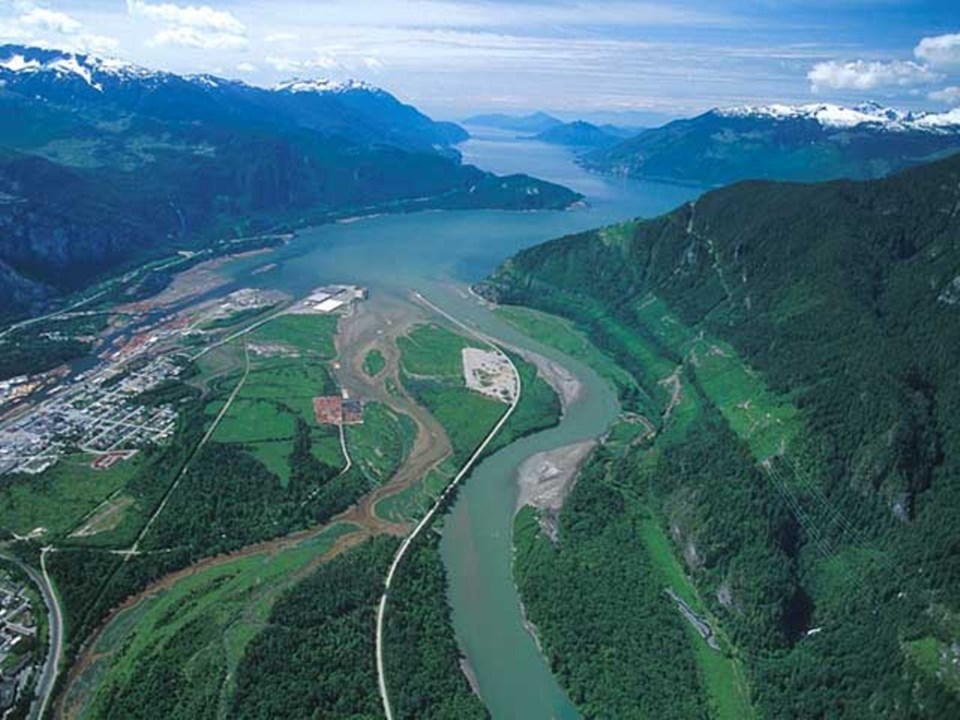Members of the Squamish Estuary Management Committee are frustrated and having trouble making decisions without the presence of senior government partners, council heard on Tuesday.
The committee was formed in 1982 and brings together conservation groups, biologists, industry, the District and provincial and federal government partners involved in land use issues regarding the Squamish Estuary.
While the Department of Fisheries and Oceans and Environment Canada are founding members of the group, councillors heard Tuesday that the absence of government partners at the table is making it difficult to make decisions.
“Declining participation of several founding governments have rendered [the committee’s] integrated project review process non-operational,” said the District’s environmental coordinator Caroline Ashekian, who prepared the discussion report presented to council with planner Sarah McJannet.
Ashekian said formal letters were sent to committee partners in 2018.
In response, the DFO said “they do not have the resources to participate” according to Ashekian, while the Ministry of Forests, Lands and Natural Resource Operation said “their limited participation in [the committee] is a reflection of limited resources, competing priorities and a fundamental shift in their processes” and “they do not intend to increase their involvement.”
As a result, and to better make use of District resources, staff suggested that the municipal government should step down as chair of the committee and discuss other options.
While there was acknowledgment among members that the committee might benefit from expanding the range beyond the estuary — including marine resources like Darrell Bay — there was also mixed opinions on forming a new body or being folded into the Marine Action Strategy.
Representatives were reluctant to abandon the group, which has a unique governance and long historical significance.
“We have a lot at stake in being at the table, and for that reason we’re very reluctant to see that entity dissolve without a lot of due diligence,” said Eric Andersen, representing the local forestry industry.
Edith Tobe, who sits on the committee as a biologist but is also executive director of the Squamish River Watershed Society, said the Estuary Management Plan is outdated and needs updating, but the committee continues to create necessary dialogue.
“This was a great opportunity back in the day, and even today, for the community, for the municipality, for Squamish Nation and for government agencies to have proposals being reviewed at a local level with no authorization or authority but getting some really good feedback in a very respectful environment,” said Tobe.
Squamish Nation representative Randall Lewis said the Nation will continue to communicate directly with the province and federal government.
No overall consensus on the future of the committee was decided at the workshop session on Tuesday, but staff was instructed to come back with a new plan.
The task includes undertaking a formal review of the situation and create a plan for a potential new government body with a similar mandate that could complement the Marine Action Strategy.




